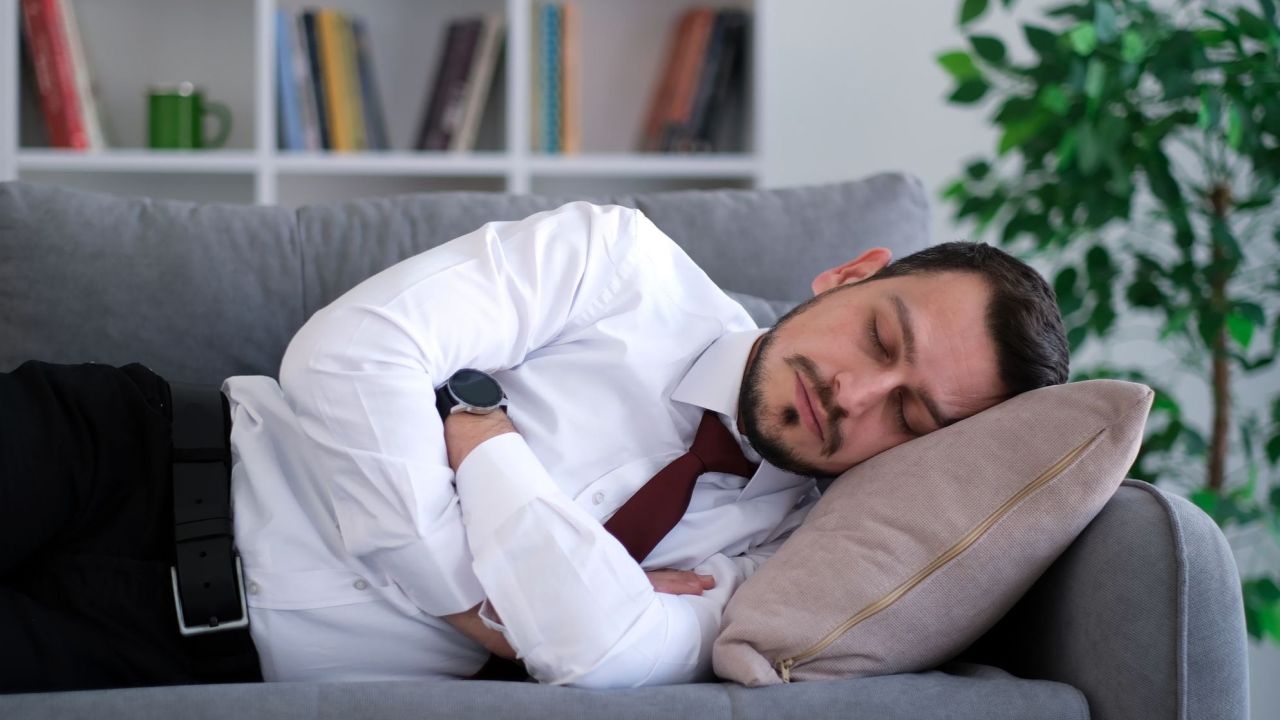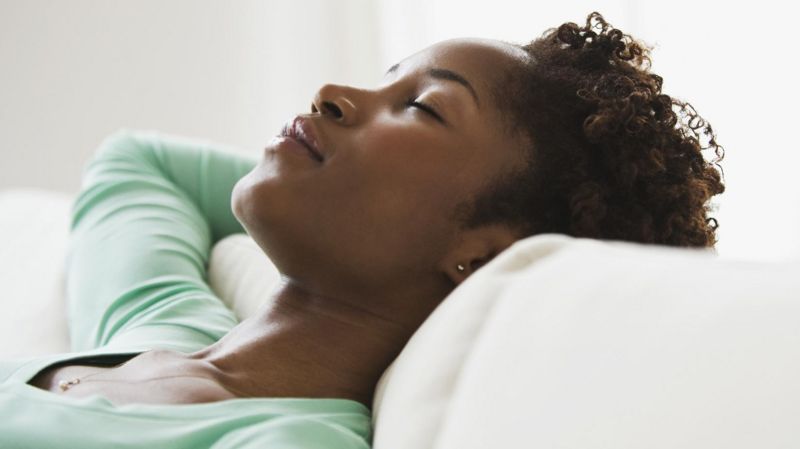In a recent investigation of London College University (UCL), those who napped were shown to have brains 15 cubic centimeters larger, which is equivalent to delay aging between three and six years. In this sense, the report warns that the key is that nap lasted less than half an hour.
General brain health is important protect you from diseases like dementiaassociated with sleep disturbances. Researchers suggest that sleep deprivation damages the brain, causing inflammation over time and affecting the connections between brain cells.
The researchers used a new technique to demonstrate just that Naps are beneficial based on DNA. Previous studies have identified 97 pieces of the genetic code that indicate how likely people are to take a nap or go through the day with more energy. In analysis, the team draws on data from 35,000 people aged between 40 and 69 years part of The Biobank Project in England and compared with “sleepy” with “not a sleeper”.
The results, published in the journal Sleep Health, show a difference of 15 cubic centimeters, the equivalent of aging between 2.6 and 6.5 years. In the experiment, the total brain volume was about 1,480 cubic centimeters. “This study has convinced me that I shouldn’t feel bad during my naps. It might even protect my brain. The results show a small but significant increase in brain volume,” the professor told the BBC. Tara Spiers-Jonesfrom Edinburgh University and president of British Neuroscience Association.
“The main benefit of a short nap is to counteract the physiological effects that occur in the body from the moment we wake up,” he explains. man meadow, specialist in sleep physiology and co-founder Sleep School, to the British media. From the moment we wake up, “adenosine, a chemical in the brain that is a by-product of metabolism, begins to increase.”
“The longer you stay awake, the more adenosine builds up in your brain, and therefore drowsiness increases,” says Meadows, adding: “When we take a nap, we reduce adenosine, we metabolize less of this substance. our systems, and it helps us increase our energy levels and feel more alert and awake.”
This habit helps to “improve our state of mind, react faster, reduce the likelihood of making mistakes and focus more and pay more attention to what we have to do in the afternoon.” The benefits highlighted by Meadows refer specifically to the benefits provided by a short nap (called in English power nap), whose duration ranged between 10 and 30 minutes.
In the longest naps, between 60 and 90 minutes, we enter REM phase (also called MORthe Spanish acronym for rapid eye movement), and that deep sleep is “the same kind of sleep we experience at night and therefore has the same benefits,” said the British scientist. Sarah Medinickwho for over 20 years has been dedicated to investigating the effects of sleep.
“If you practice going to bed at the same time every day, your body will incorporate a habit of associating that activity with a certain time,” say the experts. In this regard, they suggest that the important thing is not to force yourself to sleep, but simply to sit up in a bed, an armchair or a place that is comfortable for us, darken the room or cover our eyes, and try to seize the moment to be still and rest.

“Internet trailblazer. Troublemaker. Passionate alcohol lover. Beer advocate. Zombie ninja.”










